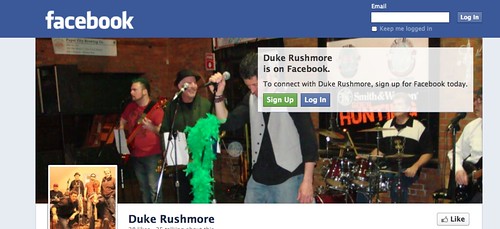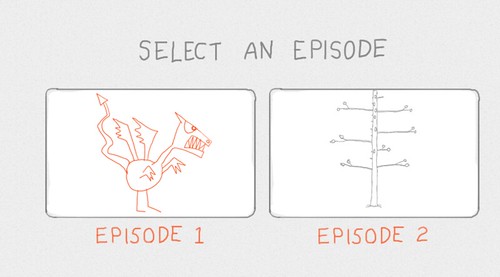Yesterday, I wrote about an incident with my students that began on Facebook and filtered onto the recess grounds. I have been quite humbled by the number of responses that readers left and it shows how difficult it is for us teachers to grapple with the power of social media in the lives our students. There is only so much we can control, only so much we can teach.
(And I should add an ancillary note: I am not an opponent of Facebook because it allows kids to speak trash that leads to larger things in the real world. That can happen on any online site, and as one commenter reminded me, it can happen in the neighborhood, offline, too, or on the bus on the way home. I am an opponent of Facebook because of severe privacy concerns and who owns the content put there — not you. Facebook owns it. And sells it.)
Anyway, I want to make sure parents and families have information about how to help their children in social media sites, too. Part of educating our students about social media is also educating our parents, and providing some framework for their role in it all. They can’t be bystanders. It occurred to us, after talking to a parent yesterday, that most likely many of our parents do not monitor their children’s FB accounts and may not be fully aware of the reasons for doing so.
In an effort to help them along, and to remind them of the “13 year old” age restriction that my students are clearly in violation of, we are sending this email note home to all of our sixth grade families. (In a survey I did a few weeks ago, 40 percent of my sixth grasde students said they have a Facebook account.) You’ll note that I urge parents to hold off on Facebook with their children if they are not already on the site. I thought about suggesting they delete FB altogether for their children, but that seemed to be pushing it a bit too far. My role is a teacher, not another parent.
Dear parents,
As some of you may know, sixth graders in Mr. Hodgson’s ELA class just finished up a comprehensive unit around Digital Life. In class and in activities, students learned about how to protect their online reputation, how to guard against cyberbullying activities (and what to do if it happens), how to protect your privacy and more. One thing that emerged from discussions is the high use of Facebook among Norris sixth graders, and also, a general lack of their understanding of how to effectively and positively use social networking. It should be noted that Facebook and other sites have a 13-year and older policy, which is based on some federal guidelines around young people and technology. The 13-year-old mark is considered a time when young people are developmentally ready for using social networking sites because they can better grasp how their writing and sharing impacts their lives and others.
But we also know the reality.
We want to share this resource with parents and families around how to best monitor the use of Facebook in young people and how to best support your children if they are on the site. We hope the resources might be helpful for you and your family. Much research has shown that when parents are involved and monitoring the spaces where young people are involved with, the experiences are mostly positive. If your child is on Facebook, we suggest you “friend” them and be part of their inner circle. If they are not on Facebook, we suggest you consider waiting a few years.
The Parents Guide to Facebook
The CommonSense Media Guide for Parents to Facebook
Sincerely,
The Sixth Grade Team
I’d be curious to know if you have been in a similar situation (involving Facebook and/or other social media) and what steps you have taken to address the issue with families. Any advice? Suggestions?
Peace (in words and deeds),
Kevin


